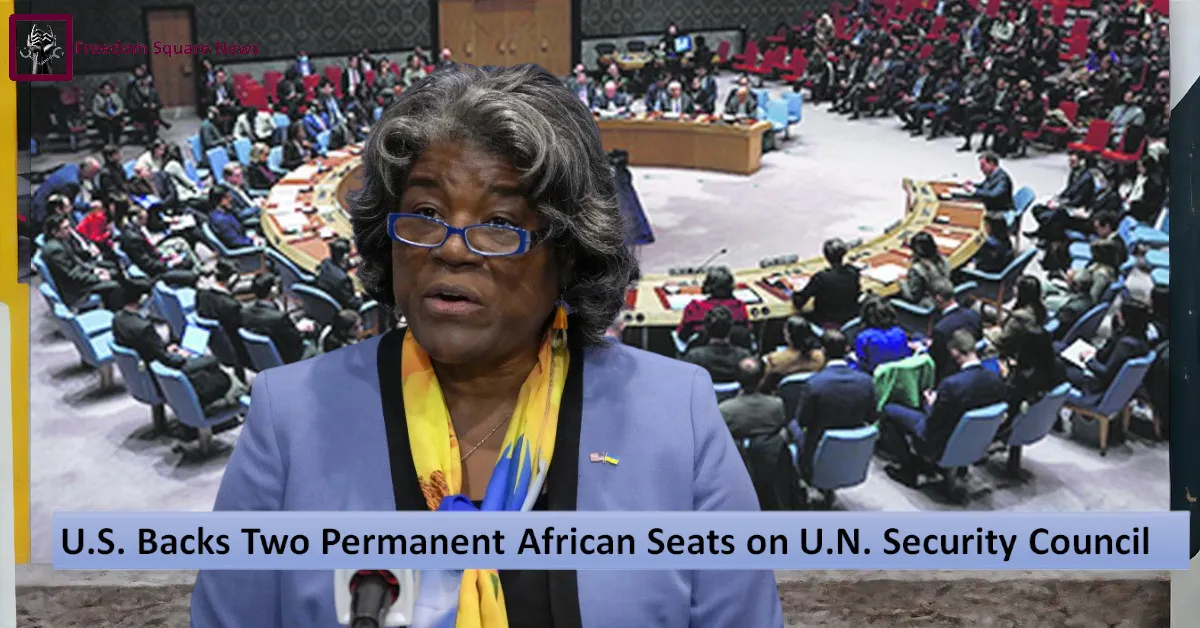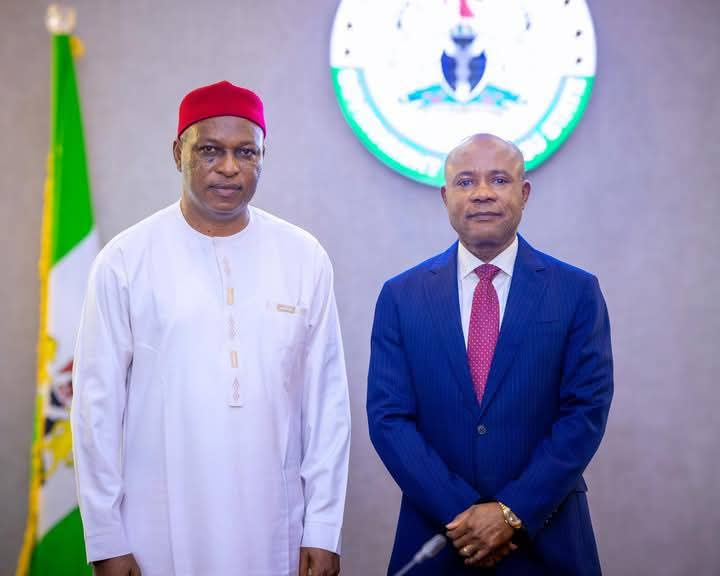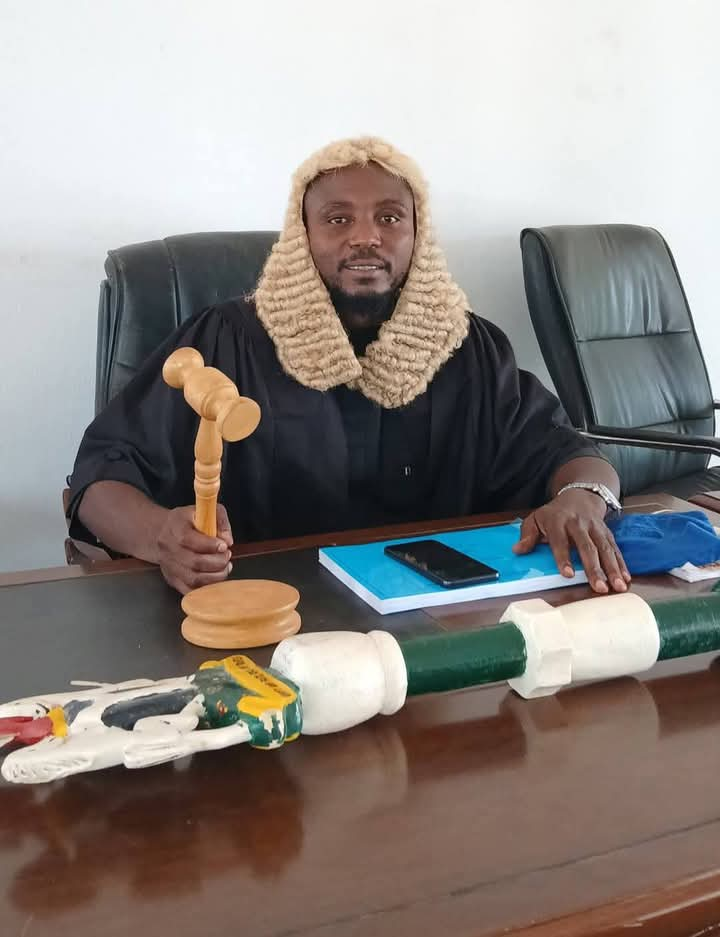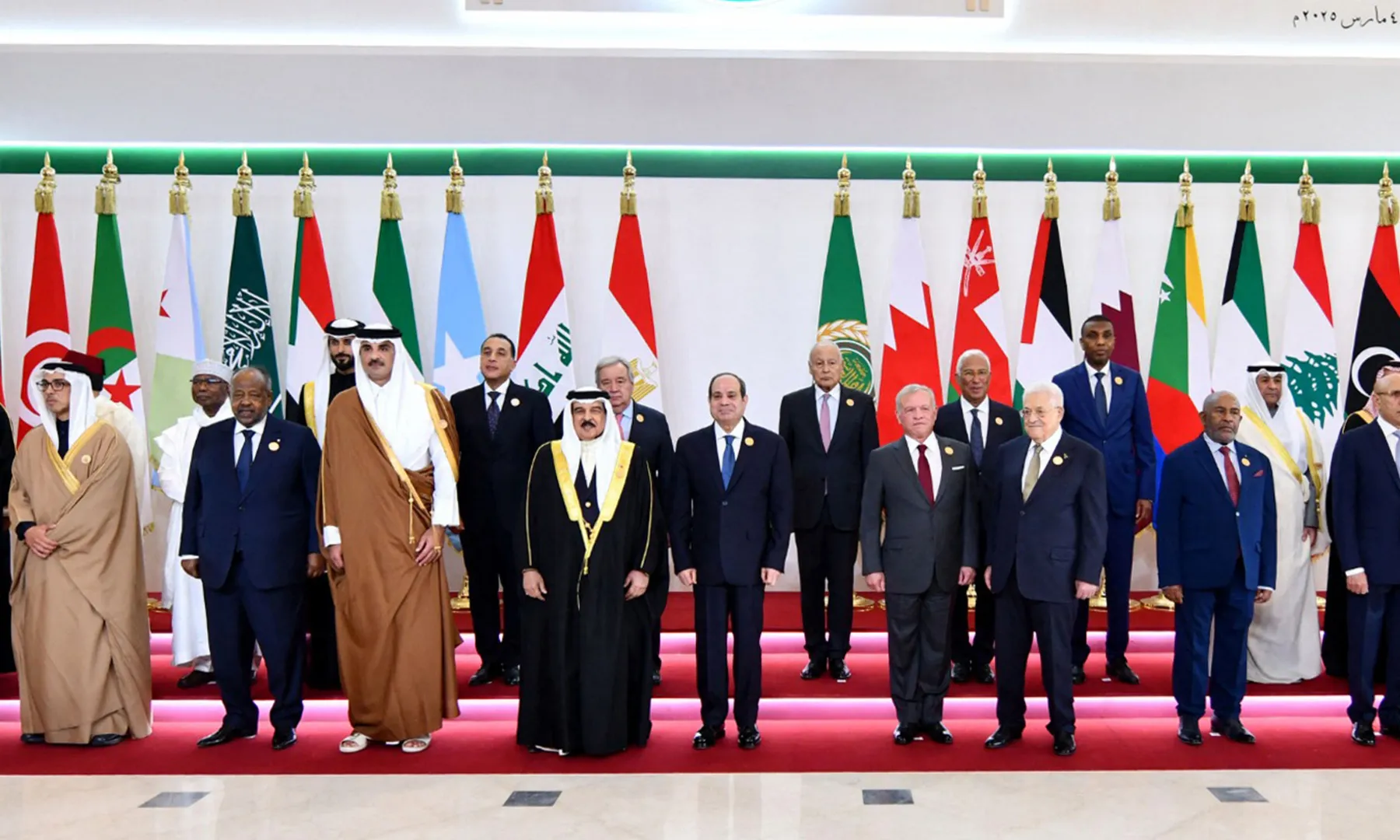The United States announced its support for adding two new permanent seats for African nations on the U.N. Security Council, as well as the creation of a non-permanent seat for a small island developing state.
U.S. Ambassador to the U.N., Linda Thomas-Greenfield, made this announcement during a speech at the Council on Foreign Relations.
She emphasized that while Africa currently holds three non-permanent seats, this doesn’t provide African nations enough influence to fully contribute to global peace and security.
The U.S. has long been supportive of reforming the U.N. Security Council, a body that has not changed since its founding in 1945. Currently, the council has 10 non-permanent members and five permanent members with veto power—Russia, China, the U.S., Britain, and France. The council’s composition has been criticized for not reflecting today’s geopolitical realities. For instance, Russia’s veto power has prevented any formal U.N. action on the war in Ukraine, while U.S. vetoes have curtailed responses to conflicts like the Gaza crisis.
Despite supporting permanent seats for African countries, the U.S. has made it clear that these new members should not have veto power, citing concerns that vetoes often hamper the council’s efficiency. According to Thomas-Greenfield, the veto system can make the council “dysfunctional,” indicating that Washington is cautious about expanding veto powers to other nations.
Ongoing Debate Over U.N. Security Council Expansion
The issue of expanding the Security Council has been discussed since 1979, with global leaders recognizing that the body needs to become more representative of the modern world. Despite this consensus, deep divisions on how to implement reforms have persisted for decades. In 2005, a major attempt to expand the council stalled when three rival resolutions were shelved.
U.S. Commitment to Expansion and Global Representation
President Biden’s 2022 speech at the U.N. General Assembly reaffirmed the U.S.’s commitment to expanding both permanent and non-permanent membership. In addition to supporting African nations, Biden advocated for permanent seats for countries in Latin America, the Caribbean, Germany, Japan, and India. While Thomas-Greenfield’s recent announcement focused on Africa and small island nations, the U.S. continues to back the broader reform plan.
New Proposals for Small Island Nations
The introduction of a rotating seat for small island developing nations is another significant proposal. Thomas-Greenfield highlighted that these 39 countries, though small in population and size, are critical players in global issues, particularly in discussions about the impact of climate change.
Challenges in Reaching Consensus
The U.S. aims to draft a resolution to formalize its position on Security Council reform. However, some U.N. member states argue that unanimous agreement among all 193 member states is necessary before negotiating a resolution. Thomas-Greenfield acknowledged that while consensus is ideal, it’s unlikely that total agreement will ever be achieved.




